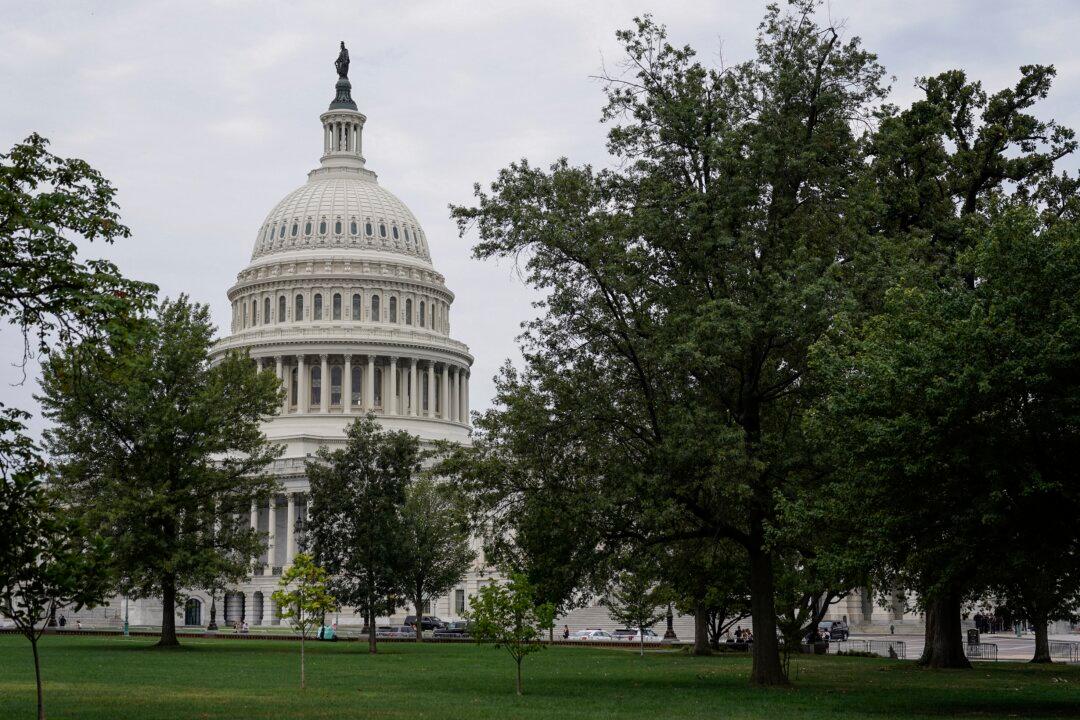A Democrat-sponsored bill in the North Carolina Senate proposes to take redistricting authority out of nonpartisan control and into the Democrat-run state Board of Elections (BOE), according to Republican state Sen. Phil Berger.
One of the Democrat sponsors of the bill, state Sen. Ben Clark, however, said the bill’s intent is to provide transparency to the redistricting process.





